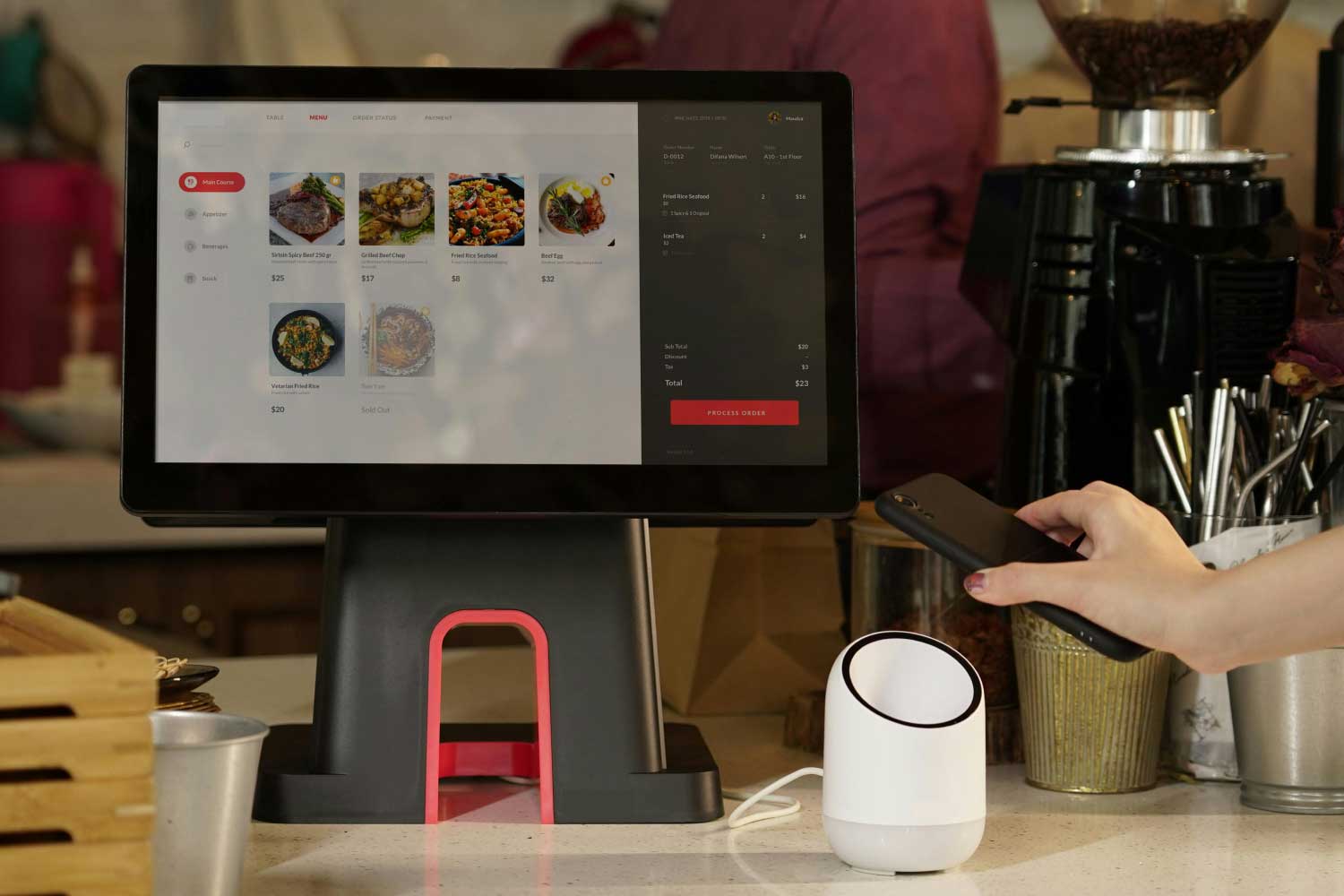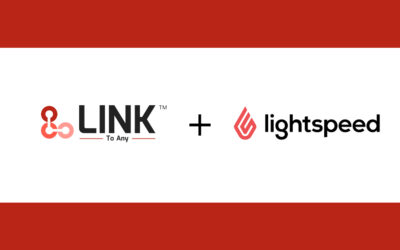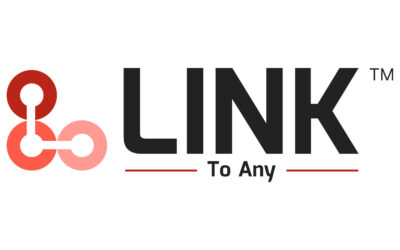The payment sector, as has been the case many times in its history, stands at a juncture. The proliferation of diverse payment platforms, each with its unique infrastructure and capabilities, has led to a complex network of systems that businesses and consumers navigate daily. The industry is highly competitive, with many business owners switching between payment providers frequently to be able to serve different customers at the most competitive price. This fragmentation poses a significant challenge: interoperability.
The major payment players have also evolved in the last decade to expand beyond traditional boundaries, offering a range of services from digital wallets to cryptocurrency transactions and e-commerce services, positioning themselves as more than just a payment processors but as indispensable business partners to SMBs. Each application in the payments ecosystem operates on its own distinct protocol, making seamless interaction between payment processors and the myriad of other apps that business owners rely on for daily operations a complicated issue for many business owners. The challenge for merchants, consumers, and payment institutions is profound – how to efficiently manage transactions across this diversified landscape where the latest thing is constantly being added, without compromising on speed, security, or user experience.
Enter integration marketplaces, platforms that offer a variety of software integrations, enabling payment systems to easily and quickly work together with the other software applications that business owners rely on. These marketplaces provide a centralized hub where users of a particular payment provider can access and implement compatible integrations with a few clicks, enabling them to bolt on essential business tools, such as accounting software, e-commerce platforms, and customer relationship management systems.
The promise of integration marketplaces in payments is significant. Small business owners particularly face challenges integrating payment systems with accounting software or e-commerce platforms, leading to inefficiencies in inventory management and financial reconciliation. By switching to a payment provider that offers an integration marketplace they would be able to seamlessly integrate the payment system with other business apps, automating data transfer, reducing errors, and updating inventory in real time. Integration marketplaces also offer a streamlined approach to managing multiple payment systems, reducing the complexity and technical challenges businesses face. By facilitating better communication between disparate payment services and other apps, these marketplaces can enhance transaction efficiency, improve data accuracy, and offer a more unified view of financial operations.
Consumers also stand to benefit from a more seamless payment experience. As businesses adopt integrated payment solutions, consumers can enjoy more flexibility and smoother transactions, whether shopping online or in-store. This enhanced customer experience can lead to increased satisfaction and loyalty.
As promising as integration marketplaces may be, they are not without challenges. One understandable concern is security. Integrating multiple payment systems through a marketplace means handling sensitive financial data, raising the stakes for data protection and fraud prevention. Marketplace providers must ensure robust security measures are in place to protect against breaches and maintain consumer trust. In addition, some payment operators are launching their own integration marketplaces, highlighting the need to find ways to collaborate tightly with other marketplaces so that their merchant acquisition funnel can keep growing without having to make heavy investments.
Integration marketplaces represent a forward-thinking approach to solving the interoperability challenge in the payments industry. By enabling different payment systems to work together more effectively, they offer the potential for more efficient, secure, and user-friendly payment experiences. As the industry continues to evolve, the role of these marketplaces will be pivotal in shaping the future of payments, balancing the need for innovation with the demands for security and consumer protection.
The question remains: will they be the panacea for the interoperability challenge, or will they introduce new complexities in the dynamic world of payments?





































